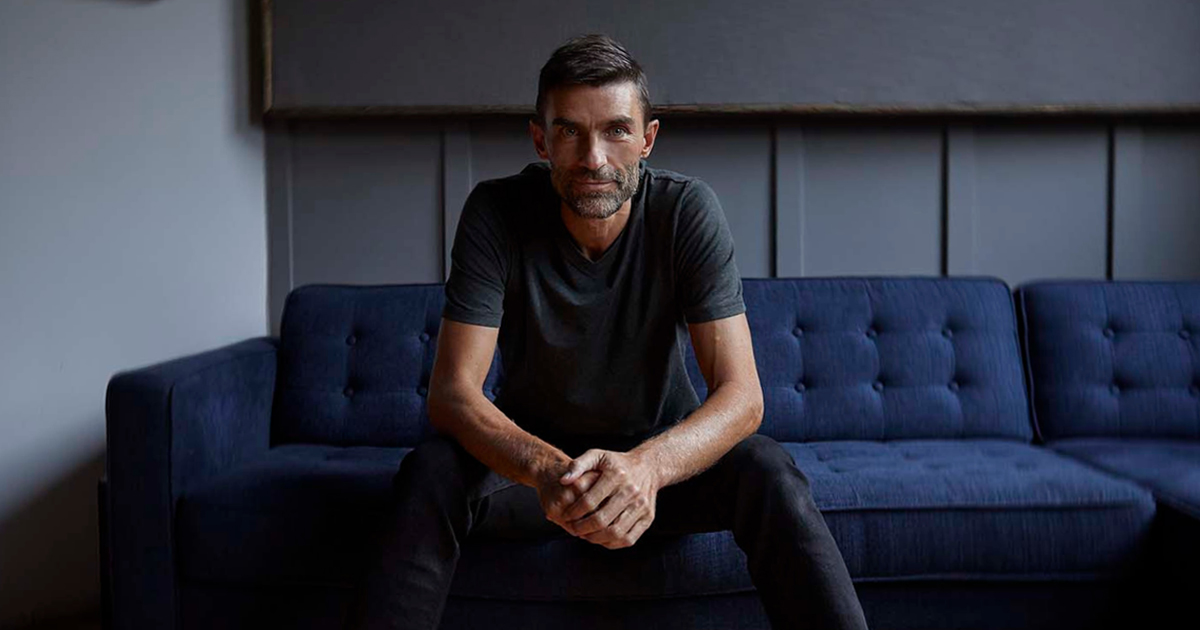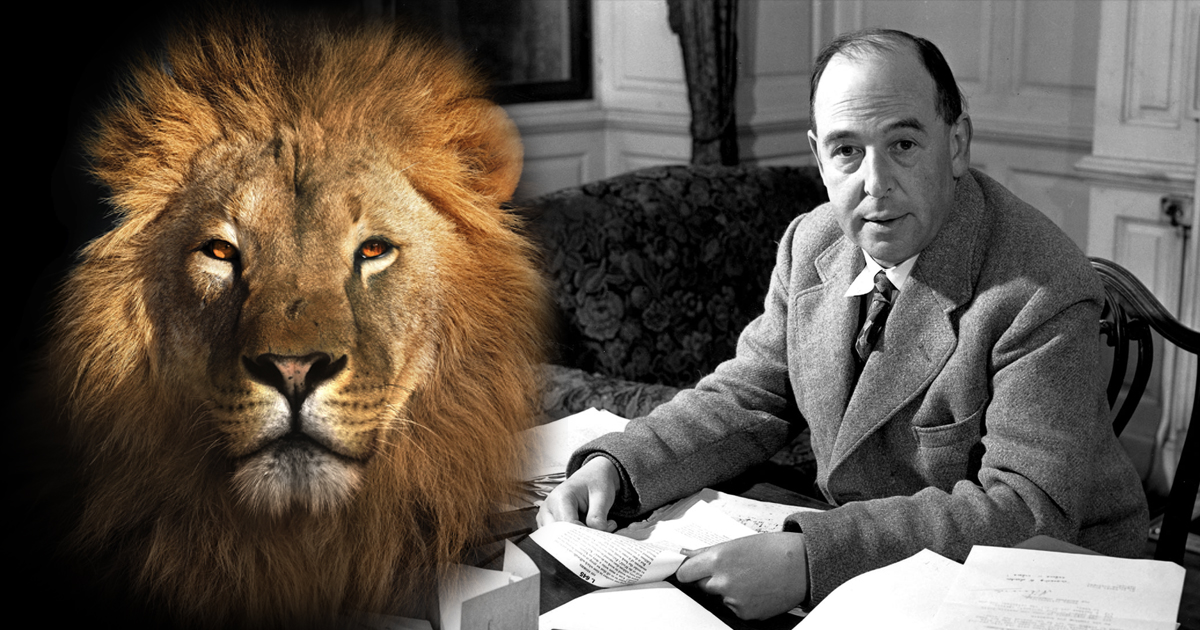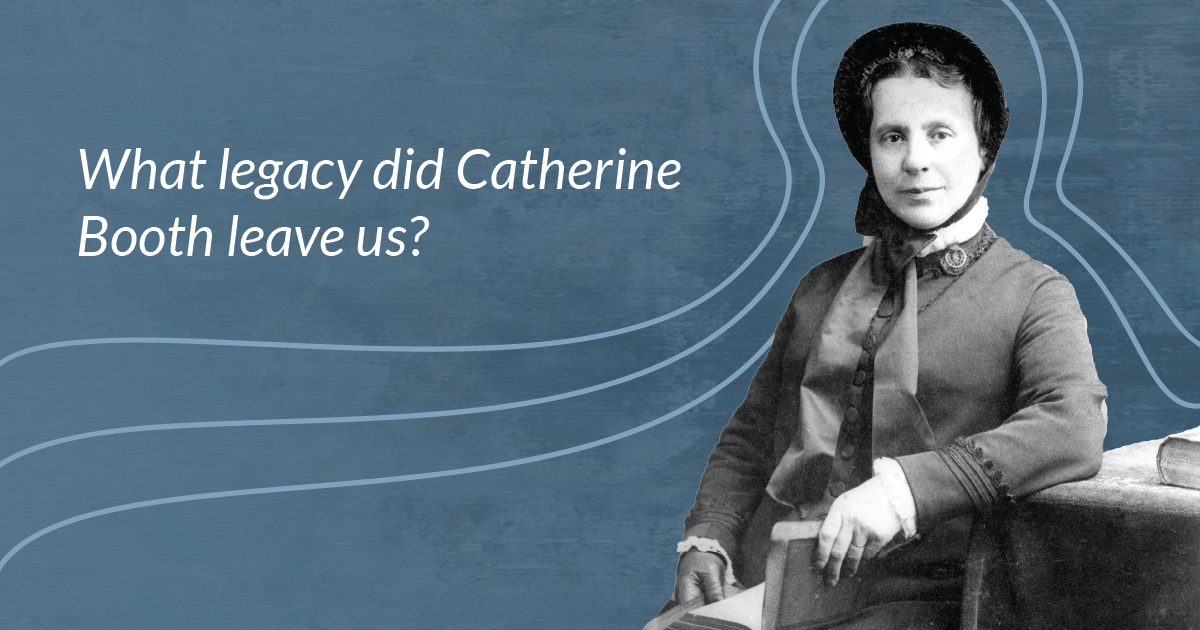
The prophet Ezekiel is one of the most bizarre characters in the Bible. Ezekiel was a man touched by God—and this made him stand out from the crowd. He was prone to having strange visions, carrying out loony actions and creating outlandish word pictures.
Ezekiel's vision in Ezekiel 1-3 is a masterpiece of prophetic imagery as he struggled to put into words the revelation that had propelled him into his ministry. In Ezekiel 8-11, in an extravagant vision that is filled with wild and wonderful images, Ezekiel saw God departing from the Holy of Holies, from the Temple and then from Jerusalem itself in response to the sinfulness of the people of God. Judah had wandered so far away from its identity as the people of God, that God was driven into exile from his own Temple and by his own people.
By the time that Ezekiel began his prophetic career, the land of Judah had been devastated by the armies of Babylon under the leadership of King Nebuchadnezzar. Thousands had died in the devastating attack. Others were forced to travel hundreds of kilometres into exile in Babylon—and Ezekiel was one of them. It was there, in exile in Babylon, that Ezekiel saw his vision of the valley of dry bones (see Ezekiel 37:1-14).
Life-giving Spirit
Transported by the Spirit of God to a valley, Ezekiel surveyed a mass of skeletal remains. The heap of bones seemed to stretch as far as the eye could see. Life had long ago passed out of these dry bones.
Then God asked what must have seemed to Ezekiel an absurd question. “Son of man,” he asked, “can these bones live?” “God only knows!” was Ezekiel's reply (Ezekiel 37:3; author's translation). This response was less an affirmation of the power of God than it was an exclamation expressing the absurdity of the question itself. Of course these bones could not live. They had been stripped of all life. They were just dead bones.
Fast on the heels of Ezekiel's response, the Lord told the prophet to prophesy to the bones, for God was about to bring new life into them. In spite of his skepticism, Ezekiel did as he was instructed. He spoke God's word to the dead bones. This was not a word of command; it was a word of promise: “… I will cause you to live!”
Astonishingly, there was then a rattling sound as the bones stirred about and came together. Flesh and muscles started to appear on the bones. Then skin enclosed the developing bodies. But even when fully reconstituted, there was still no life in these bodies. They were just lifeless cadavers.
Then came a second command, this time to summon the wind from the four corners of the earth, to blow upon these bones. Thus the life-giving wind—the Spirit of God—blew over the lifeless bodies and they came to life. Soon the valley of dry bones was transformed into a valley of life and a vast multitude of people (see Ezekiel 37:10).
Interpreting the meaning of this rather grotesque vision, the Lord informed Ezekiel that this was God's response to the despair of the people of Israel (see Ezekiel 37:11-14). In the aftermath of the destruction of their land and in their exile in Babylon, the Israelites lamented that they were nothing more than dry bones. The cruel reality was that their world had collapsed; all the certainties of life that they had taken for granted had been stripped away. They were lifeless; as still and dead as dried-up bones.
Of course, Ezekiel's previous message to his people was that they had brought this upon themselves; their own actions caused their demise. As far as they could see, there was no hope for them. All they could see were dry bones. But the time for recriminations had passed. God spoke a life-giving word and sent his life-giving Spirit. As a result, the valley of dry bones was transformed by the power of God into a valley of life. The people of God would live to see another day. There was a future for them, after all.
The Upper Room
Centuries later, a group of 120 were gathered in an upstairs room in Jerusalem. A defeated, bereft company, they had experienced incredible ups and downs in the preceding weeks (see Acts 2). They had followed Jesus, whom they confessed as their Lord, and travelled with him to Jerusalem where—to their surprise and dismay—he had been arrested, tried and crucified. Yes, this death had been overcome by the amazing Resurrection of Jesus. They had enjoyed a few weeks with their risen Lord, but now they were left alone once again after Jesus' Ascension.
The followers who gathered in that room may well have been praying out of despair, feeling that without Jesus' close presence among them they were little more than dry bones. After all, Jesus' followers had often failed him. They had been thick-headed; one had denied him and another had betrayed him. Few showed any signs of maturity and leadership potential. Without Jesus they probably wouldn't fare much better.
But it was to this group of disappointing, wounded and unlikely disciples that the Spirit of God came—the life-giving, life-transforming Spirit. After this wind of God blew upon them, that little band of Christ followers was different. In the succeeding chapters in Acts we read how they were no longer the dry bones that had been so obvious in the Gospels. Now they were themselves life-giving instruments of the Holy Spirit.
Promise of Pentecost
These two stories, each in its own way, relate the promise of Pentecost: the God whom we worship specializes in bringing new life into dead, dry bones. When we call to mind the sending of the Holy Spirit into this world—the Spirit who dwells with us and within us—we need to see the dry bones we may have become and then lay claim to the wind of God, which can bring flesh upon our dry bones once again.
Dry bones take many shapes and forms. Perhaps our hearts are dried up, untouchable, untouched. Perhaps we have experienced some great injustice, an unfairness that, try as we might, we cannot forget or forgive. The wounds of our injury have sapped the life out of our hearts. In carrying this burden of resentment, our bones have dried up.
Perhaps we have had some great disappointment, some trial or problem that we cannot resolve and it, too, has dried up our bones. Perhaps we have a relationship that has sapped all the moisture of human kindness from our souls. Or we may have experienced a loss that has wounded us so deeply that we are trapped in our pain.
Perhaps our spirits are dried up and we come to worship more out of obligation than gratitude, more out of habit than faith, more out of despair than hope. Perhaps we come to worship expecting only more of the same because our experience of worship itself is like a great dryer that wrings out of us the last hints of moisture and life.
Perhaps our church is like a valley of dry bones and, together with the shrinking remnant left behind, we have gone to our collective grave, thinking that things must always be as they have been or as they are at this moment.
Upon reflection, perhaps we are not so far removed from the experience and sentiments of the Jewish exiles when they cried out, “Our bones are dried up, and our hope is lost; we are cut off completely.”
A Fresh Wind
Such despair reflects both our human arrogance and our helplessness. On the one hand, it is profoundly arrogant to assume that we can navigate our way through all of the vicissitudes of life. Our self-help culture teaches us that we can manage all of the challenges we face, that we can insulate ourselves from disappointment and pain. But the haunting reality is that sometimes we are just dry bones with no resource of ingenuity or strength within ourselves. When that realization comes, we are left with a deep-seated helplessness that can lead to despair.
Through Ezekiel's vision and the experience of the small crowd in the upper room, God shows us our inability to manage all things. Through his Spirit, God is working to bring new life where there was none and to bring hope where there was only despair.
Pentecost is a day when the Church can claim the life-giving, healing power of the Spirit of God. We need not be a valley of dry bones—individually or corporately. The healing breath of the Spirit of God can restore our desiccated hearts; the wind of God can bring forgiveness for past injustices and unfair treatments; God's Spirit can heal broken relationships and revive dead ones; and the Spirit of God can breathe new life into dried-out, lifeless communities of faith. Where our hoarded resources fail us, the Spirit of God has room to work.
The promise of Pentecost is that the Spirit of God still comes afresh, often unexpectedly and in ways that we cannot imagine. Just as surely as Ezekiel saw his vision of dry bones brought to life and the followers of Jesus experienced a new life in that upper room, we, too, can experience the wind of God's Spirit. Yes, these bones can live.
Dr. Donald E. Burke is the president of Booth University College in Winnipeg.
What is Pentecost?
The term Pentecost is derived from the Greek pentekostos, which means 50th. It was originally an Old Testament agricultural festival that began on the 50th day after the beginning of Passover (celebrating the deliverance of Israel from its bondage in Egypt). Later, the festival became associated with the day that the Ten Commandments were revealed to Moses on Mount Sinai.
In Christian tradition, Pentecost is a holy day that celebrates the birth of the Church. Following his Resurrection, Jesus appeared to his disciples over a period of 40 days before ascending to Heaven (see Acts 1:1-12). After this, his disciples stayed together in a room in Jerusalem. Then, on the day of Pentecost, the Holy Spirit descended on the disciples (see Acts 2:1-13). Pentecost Sunday is celebrated seven weeks after Easter Sunday.










Comment
On Saturday, May 26, 2012, Philip W. Brace said:
Leave a Comment